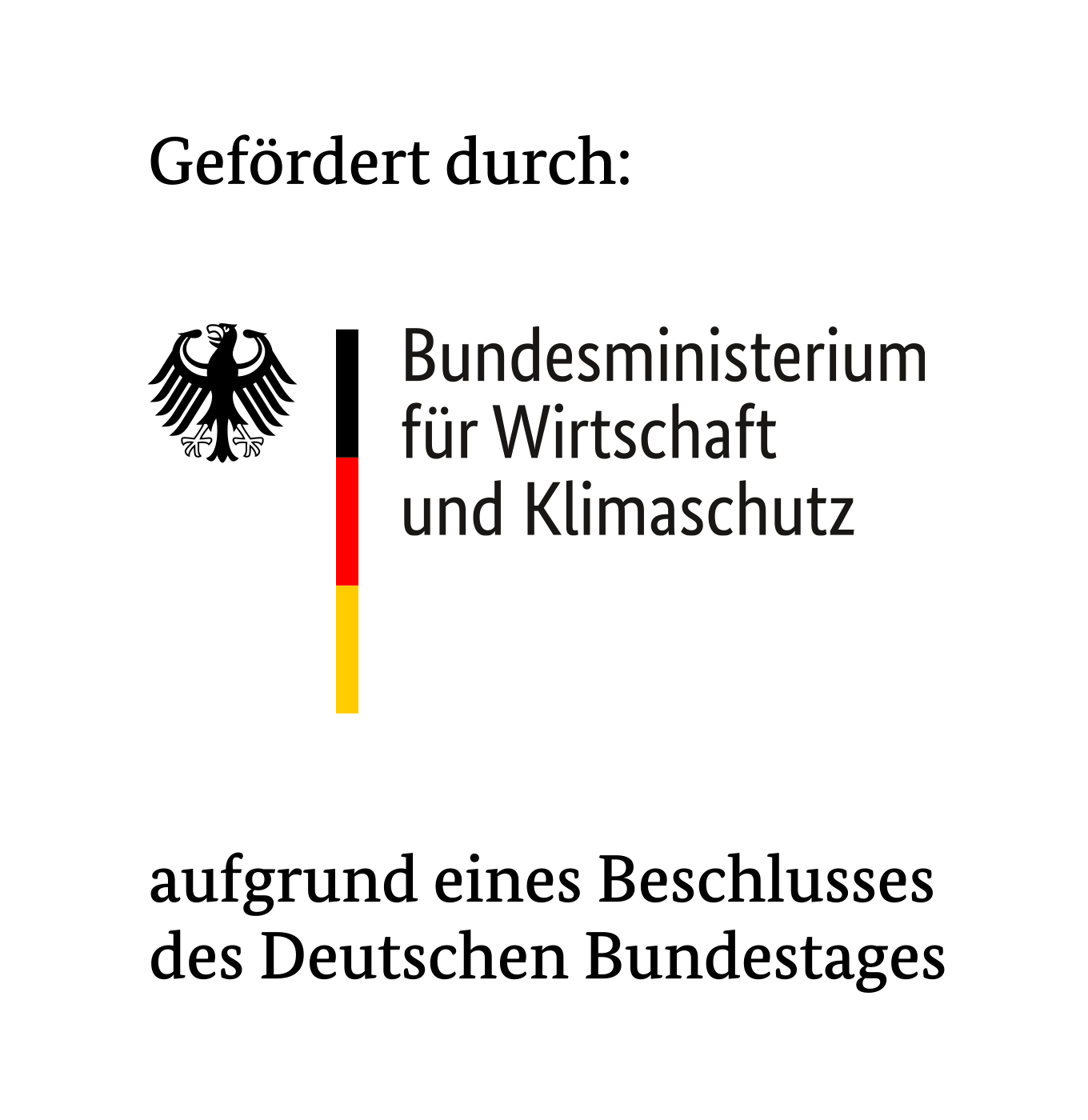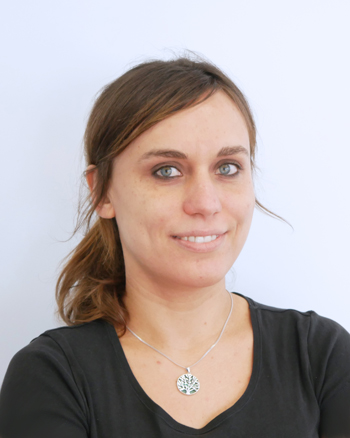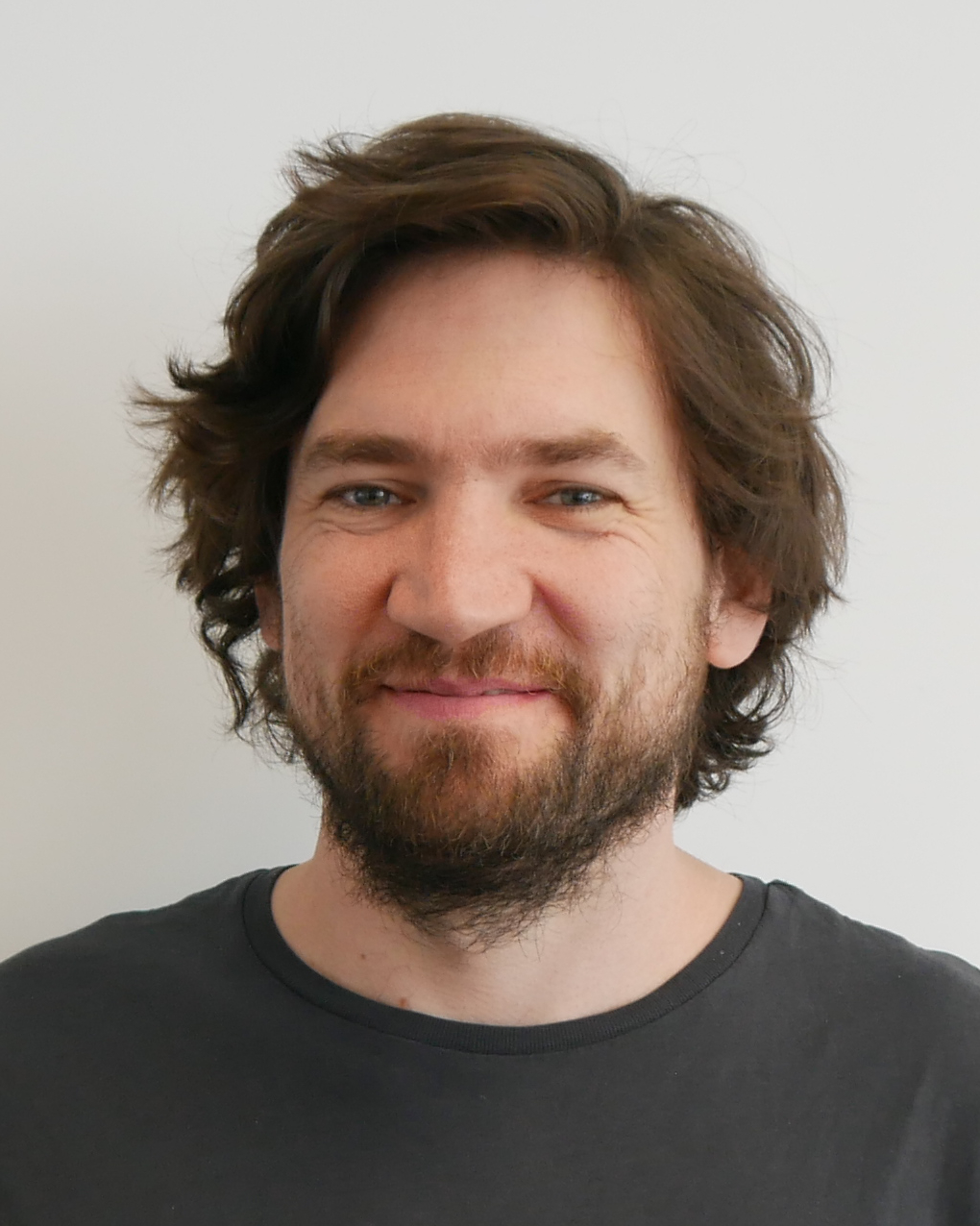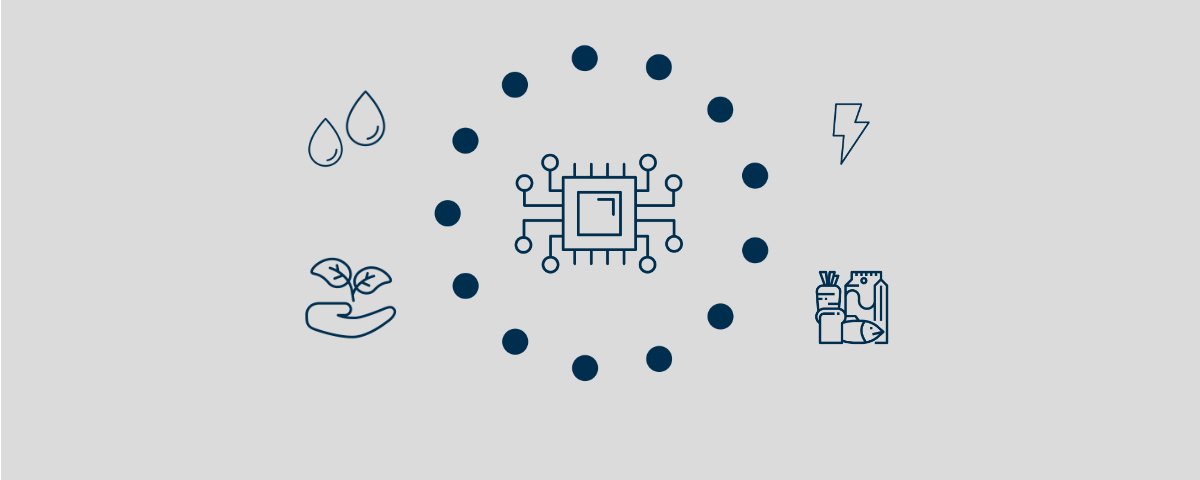
Water-Energy-Food-Environment Nexus: Facilitating the planning of integrated water, energy, food, and environment systems through open software
25. August 2022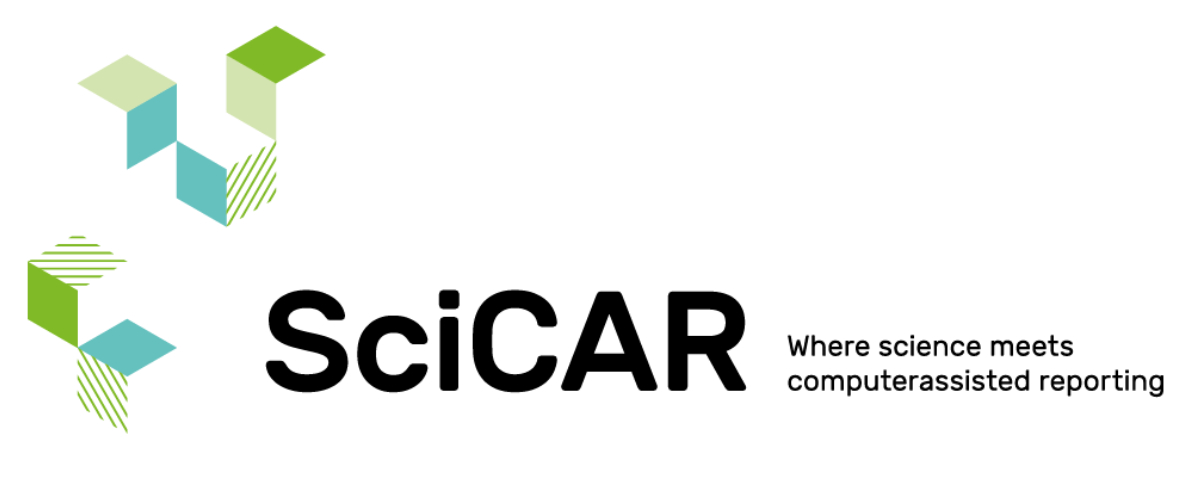
26.-27.08. | SciCAR-Conference
26. August 2022EmPowerPlan: Regional planning of energy transition
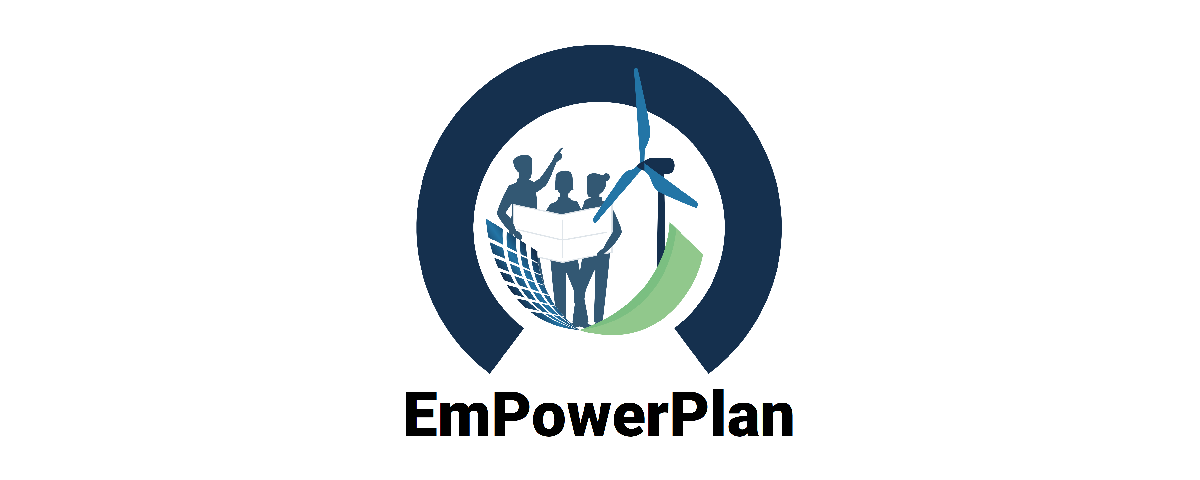
The goal of project EmPowerPlan is to provide participatory support to cities, counties, municipalities or communities in their planning of energy transition projects. To this end, RLI scientists are developing and testing participation tools and collaborative processes together with partner organizations. The aim is to enable decision-makers in public administrations to release land for the production of renewable energies more quickly. This accelerates the development of energy infrastructure at the regional level.
The task of RLI is to make regional energy systems visible with the help of a stakeholder empowerment tool (StEmp tool). StEmp tools are simulation-based, digital instruments that help people in participation processes to make decisions and their consequences more transparent and to understand them better. In this project the use and socio-scientific embedding of the tool developed by the RLI will be explored in particular.
Visualization of the energy system
For the visualization of the regional energy system, the RLI project team will take a closer look at requirements for the StEmp tool and determine its limitations and possibilities. RLI researchers will also investigate what role the tool can play in the transdisciplinary dialogue between regional actors. The existing prototype of the tool will be further developed for an example region (e.g. one or more counties), which will be selected within the project. Among other things, different scenarios for the energy transition should be made visible and be able to be played out. The requirements of different local and regional actors such as administrations, municipal utilities or civil society will be taken into account.
Stakeholder empowerment from a transdisciplinary perspective
In this project, the tool will be used for the first time in a transdisciplinary consortium. The work will be accompanied and evaluated from a social science perspective. For this purpose, the scientists also consider so-called soft, socio-technical factors, such as the exposure of local residents to wind energy. In this way, new statements can be made about the effectiveness of the instrument. For the application, the interlocking of possible regional and national scenarios for the generation of renewable energies will also be considered (bottom-up and top-down). This will be accompanied by a review of whether the tool meets practical requirements when applied (validation).
In terms of content and technology, an innovative method is to be developed that combines the StEmp tool for users without a technical background and scenarios for national climate targets. Overall, the aim is to make the energy transition more visible and enable more participation in it.
For further information please visit the IZT project website.
Project period: August 2022 - January 2025
The task of RLI is to make regional energy systems visible with the help of a stakeholder empowerment tool (StEmp tool). StEmp tools are simulation-based, digital instruments that help people in participation processes to make decisions and their consequences more transparent and to understand them better. In this project the use and socio-scientific embedding of the tool developed by the RLI will be explored in particular.
Visualization of the energy system
For the visualization of the regional energy system, the RLI project team will take a closer look at requirements for the StEmp tool and determine its limitations and possibilities. RLI researchers will also investigate what role the tool can play in the transdisciplinary dialogue between regional actors. The existing prototype of the tool will be further developed for an example region (e.g. one or more counties), which will be selected within the project. Among other things, different scenarios for the energy transition should be made visible and be able to be played out. The requirements of different local and regional actors such as administrations, municipal utilities or civil society will be taken into account.
Stakeholder empowerment from a transdisciplinary perspective
In this project, the tool will be used for the first time in a transdisciplinary consortium. The work will be accompanied and evaluated from a social science perspective. For this purpose, the scientists also consider so-called soft, socio-technical factors, such as the exposure of local residents to wind energy. In this way, new statements can be made about the effectiveness of the instrument. For the application, the interlocking of possible regional and national scenarios for the generation of renewable energies will also be considered (bottom-up and top-down). This will be accompanied by a review of whether the tool meets practical requirements when applied (validation).
In terms of content and technology, an innovative method is to be developed that combines the StEmp tool for users without a technical background and scenarios for national climate targets. Overall, the aim is to make the energy transition more visible and enable more participation in it.
For further information please visit the IZT project website.
Project period: August 2022 - January 2025
The RLI assumes the following tasks:
- Adaptation and extension of the StEmp tool to selected region of practice
- Conceptualization of regional scenarios and comparison with national scenarios
- Creation of a regional energy system model and coupling to supraregional model
- Implementation of workshops in practice regions, testing of the tool








